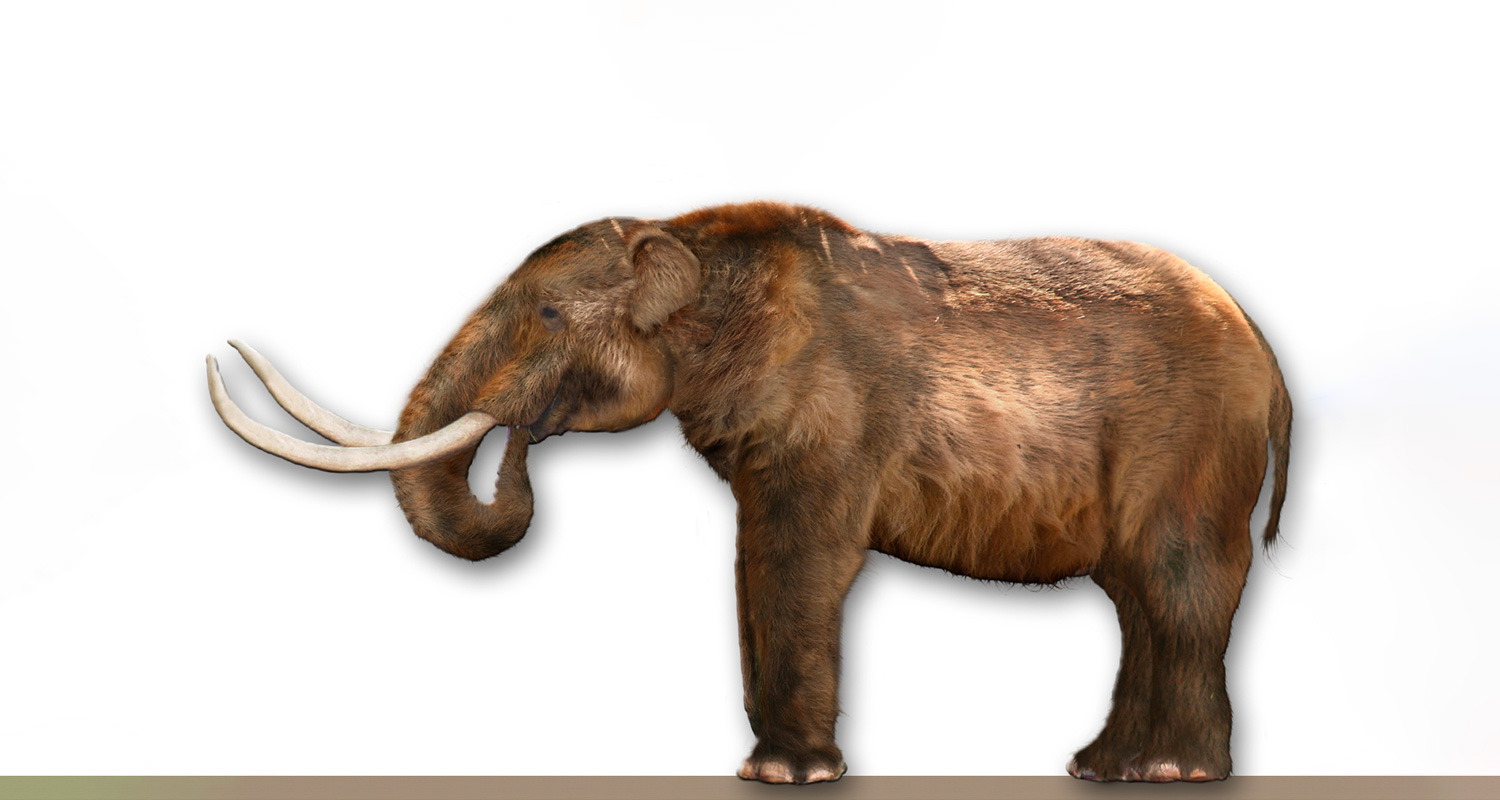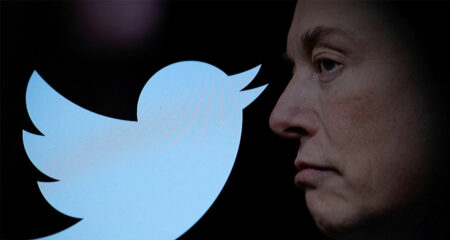
A small frenzy is brewing in the world of social media. With Elon Musk’s US$44-billion takeover Twitter, some users, worried about what a capricious billionaire might do to the network, have begun looking for alternatives.
And the “platform” that is winning most from this flight from Twitter (if that’s what it is) is something called Mastodon – named for an extinct, elephant-like mammal that became extinct more than 10 000 years ago. Mastodon claims it has more than 655 000 users, with over 230 000 of these having joined just in the last week.
But what is it?
At face value, Mastodon works similarly to Twitter (and other social networks) in that users can write posts (called “toots”, in this case), which can be replied to, liked and reposted. Users can follow each other, too, naturally.
But there is a significant difference when it comes to what happens behind the scenes, and it’s one of the reasons why Mastodon has suddenly gained traction among disaffected Twitter users.
Mastodon may seem unfamiliar at first, even a little difficult to figure out. When you sign up, you join a server of your choice. Each server has its own theme, usually based on a country, a city or area of interest. For example, if you work in technology, you’ll probably want to join a server where this is the focus, rather than one that hosts mainly journalists.
To better understand Mastodon, imagine it as a neighbourhood where each house is its own server and each house is owned by a different person or organisation, with each house governed by its own set of rules. And all the houses are linked together to form a network. Mastodon has no control over what happens on these servers; they are decentralised. In other words, servers cannot be bought or sold at the whim of a single entity.
Open source
Each server has its own moderation rules; some aren’t moderated at all. This could prove to be a big issue as Mastodon servers continue to grow, with reports emerging this week of people being targeted with hateful content, including homophobic abuse.
Mastodon was originally created by Eugen Rochko and announced on Hacker News in October 2016. It’s free and open-source software, like the Linux operating system for PCs.
Rochko said in a recent Time magazine interview that he started Mastodon as a “hobbyist project”. He was motivated to create something that would provide a space that was not commercial and was more curated than Twitter. He told Time that a platform like Twitter plays an important role in US democracy and should not be controlled by a corporation.
Read: Alternatives to Twitter: Elon Musk has users flocking elsewhere
In August 2021, he announced that he had incorporated Mastodon as a non-profit company, as founder and sole shareholder. – © 2022 NewsCentral Media




